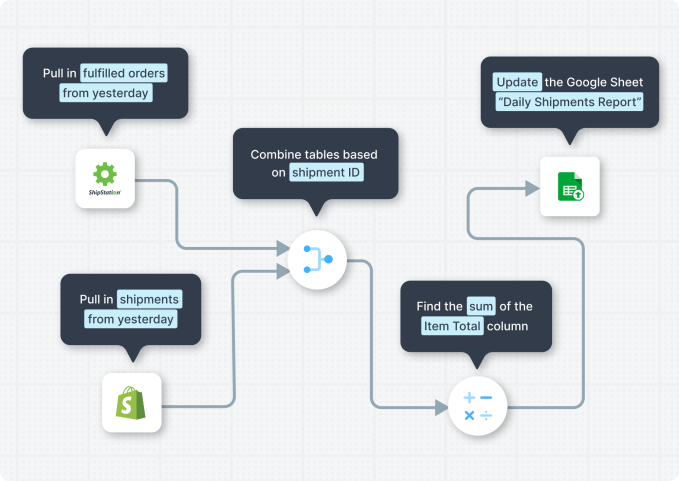Valence, the Los Angeles-based online community dedicated to increasing economic opportunity for the Black community, has raised $5.25 million in financing as it looks to continue to expand its network for Black professionals in all fields.
The timing for the investment is critical as the country reckons with the implications and effects of systemic racism. In no field is the under-representation of Black professionals more deeply felt than the tech industry, where lack of diversity can have profound implications on products and services that are becoming increasingly central to large swaths of the economy.
Problems with under-representation and underlying issues of systemic racism manifest in facial recognition technologies, social networking applications and decision-making software for lending and credit that are aspects of how American society functions.
It’s with an eye toward technology and entrepreneurship that Valence raised its most recent round, according to a letter sent to the company’s users by new chief executive officer Guy Primus.
“Now that we have the capital that we were seeking, we will be doing three things. First we will improve the current product. We are very proud of what we have built thus far, but we know there are a few issues. We will continue to address those issues and will accelerate work to enhance technical performance on the platform,” Primus wrote. “Second, we will be expanding the team. We expect the team to more than triple in the coming months so that we can better serve you. Finally, we’ll be adding features and expanding our services. We will be delivering additional tools that facilitate even more meaningful connections and will expand Valence’s scope to include the professional growth and development of our members.”
A lot of that product development will go toward building tools that can help with professional development and career growth.
“We’re being very targeted in how we can drive economic opportunity and wealth creation in the black community,” said Valence co-founder and Upfront Ventures general partner Kobie Fuller.
Already, Valence has brought on some of the top names in Silicon Valley as participants in a program to promote entrepreneurship and career development.
Valence currently has 10,000 people signed up for the platform and is growing at about 20% per month, according to Primus. The goal is to serve educational advice and tools to Valence users while at the same time making that group of career-minded Black professionals available to companies that would want to hire them.
Primus said that Valence will be selling its database and access to companies that would want to find prospective hires on the platform in a per-seat licensing model that would be accessible to headhunters and human resources departments.
The new investment round was led by GGV Capital, the international investment firm whose investments include Slack, Peloton, Wish and StockX. Hans Tung, the managing director who invested in those marquee deals, will be joining the company’s board of directors.
Other investors in the round include Upfront Ventures, along with Maveron, the SoftBank Opportunity Fund and Silicon Valley Bank.

